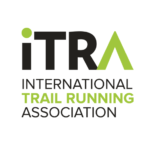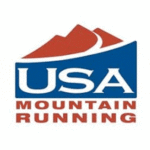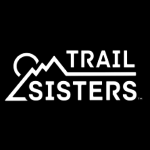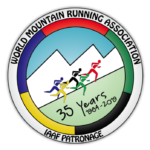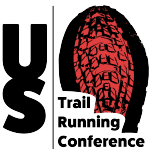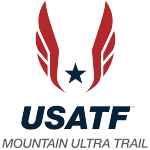
Launched on Earth Day, 2019, Runners for Public Lands (RPL) is a laboratory for experiments in runner environmental activism. RPL is a 501(c)(3) non-profit environmental organization committed to diversity, equity, inclusion, and justice, and to doing conservation work and environmental advocacy based on training in these areas.
Consistent with our 2020 theme of “Climate Action” we wanted to share RPL’s environmental commitments with our community of trail runners and encourage them to get involved.

Introduction
Climate destabilization and environmental degradation have put at risk a livable and runnable planet. RPL is on a mission to turn every runner into a better steward of the environment, and build a global running culture ambitious about climate action and environmental sustainability. Based in Ventura, California, RPL promotes place-based, environmental literacy and mobilizes runners for climate action, environmental sustainability, the protection and restoration of public lands, and equitable access.
The fates of the natural world and human health are inseparable. By limiting global warming and pollution, we can dramatically improve human lives. Simply put, the more global warming and pollution, the more human suffering and ecological degradation, especially among people of color and people living in poverty; likewise, the less global warming and pollution, the less suffering and degradation. Public health, water supply, food security, decent livelihoods, economic opportunities, and international relations are under threat amid increasing average temperatures, rising sea levels, extreme weather, ecosystem degradation, biodiversity loss, and mass extinction.
It’s time to better connect our love for running, our communities, and the environment to ambitious transitions and transformations that limit global warming and pollution as much as possible. As the largest outdoor recreational group in the world, runners can make a difference. RPL applies its passion for human endurance, beautiful landscapes, and coming together to inspire and support runners for the long haul in conservation work, environmental advocacy, and promoting corporate responsibility and international cooperation.

Climate Action
RPL builds global solidarity among runners to drastically reduce our CO2 emissions to limit global warming and minimize its effects. As a signatory of the United Nations Sports for Climate Action Initiative, we commit to: undertake systematic efforts to promote environmental responsibility; reduce overall climate impact; educate for climate action; promote sustainable and responsible consumption; and advocate for climate justice.
Environmental Sustainability
RPL commits to further developing a sustainable running culture. We combine our love for running with promoting environmental literacy, healthy ecosystems, cultural and social inclusion (starting with local Indigenous communities and environmental justice organizations), and the equitable distribution of natural resources. The best and most comprehensive sustainability guidelines inform our work (for example, Council for Responsible Sport’s “A Practical Guide to Hosting Radically Responsible Events”).

Public Lands
In addition to our conservation work with Ventura Land Trust, Ojai Valley Land Conservancy, and other environmental organizations, RPL protects and restores public lands regionally in partnership with Los Padres ForestWatch, and nationally in affiliation with Outdoor Alliance. We believe public lands should be managed to protect or enhance their ecological, cultural, and recreational value, as well as their potential to mitigate climate change. We fight for public ownership, public funding, and public process.
Equitable Access
RPL works for equitable, sustainable, and safe access to public lands, nature preserves, and open and green spaces. We support increasing opportunities for people, especially youth, in underserved communities to experience trails and practice stewardship. Equitable access work involves: learning about the history of our public lands as a means of dismantling harmful legacies and honoring Indigenous communities; identifying and removing barriers encountered by many in underrepresented communities, especially people of color; and identifying and creating points of access for low-income communities.

“Sustainability will depend on having informed, ecologically literate citizens working toward healthy ecosystems, genuine social inclusion, and equitable distribution of resources.” – Margaret Robertson, Sustainability Principles and Practice
“Climate change is the biggest global health threat of the 21st century…Tackling climate change could be the greatest global health opportunity of the 21st century.” – Lancet Climate Change Commission



